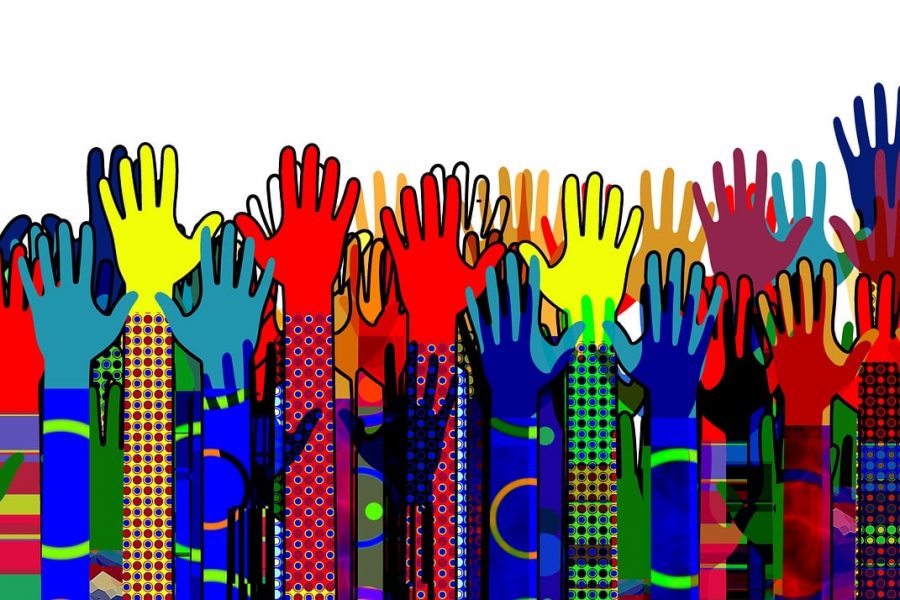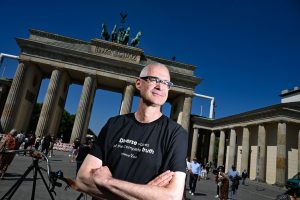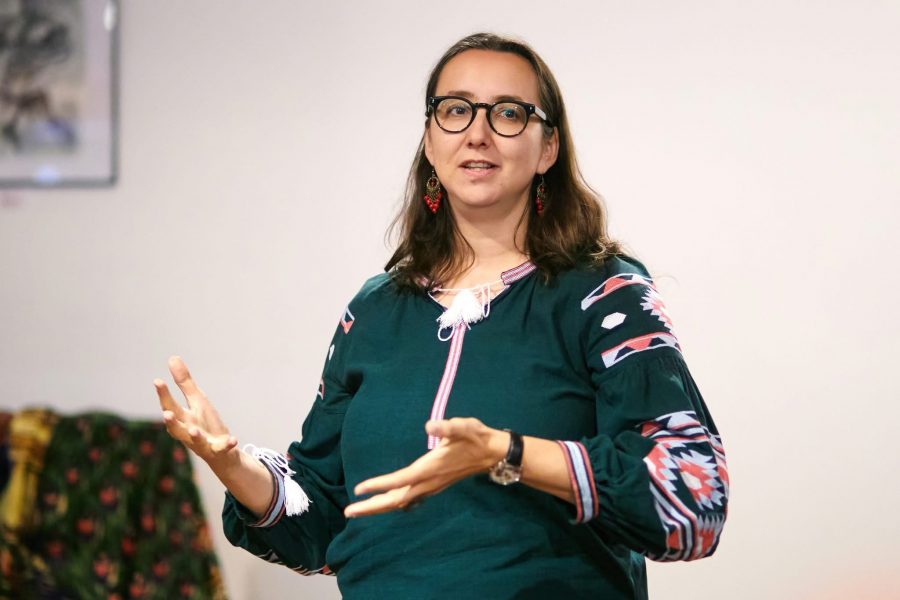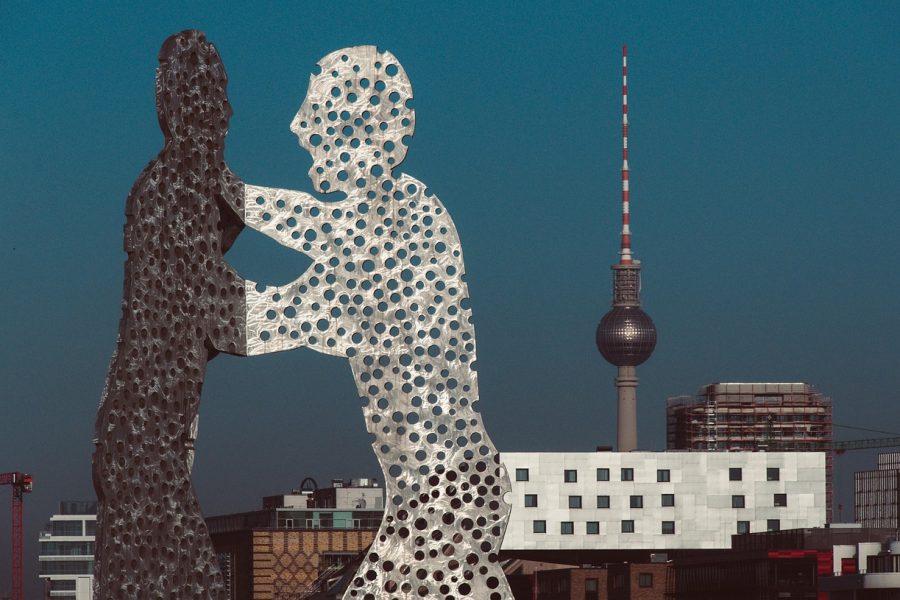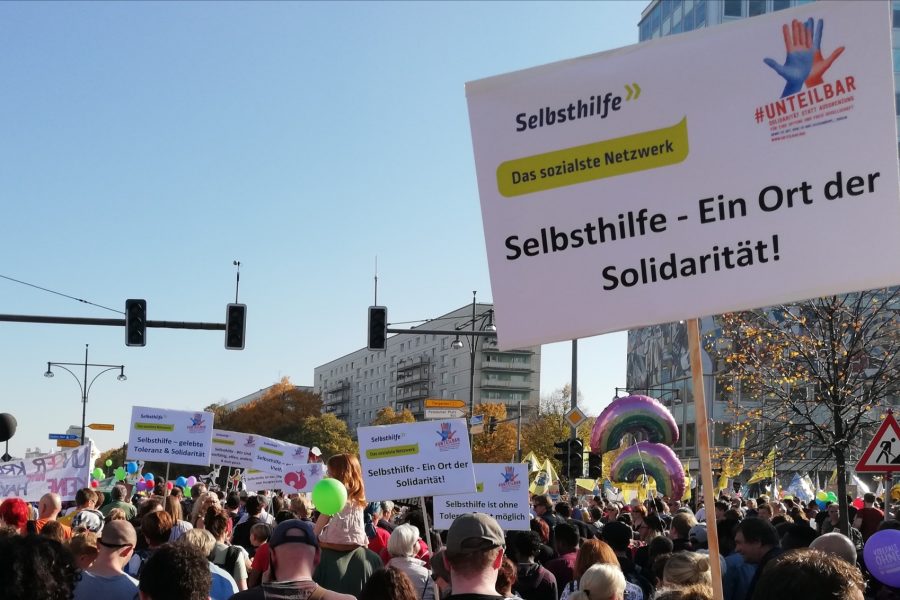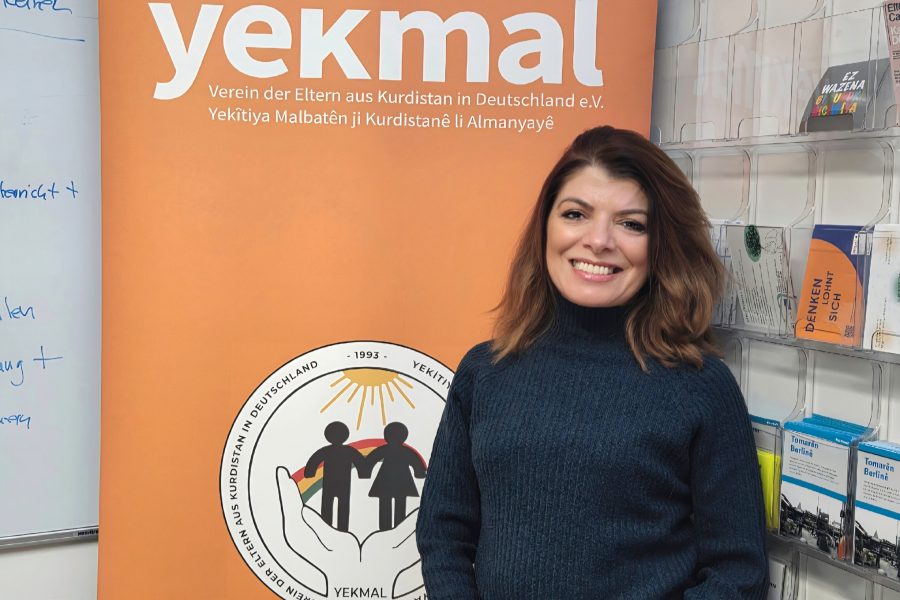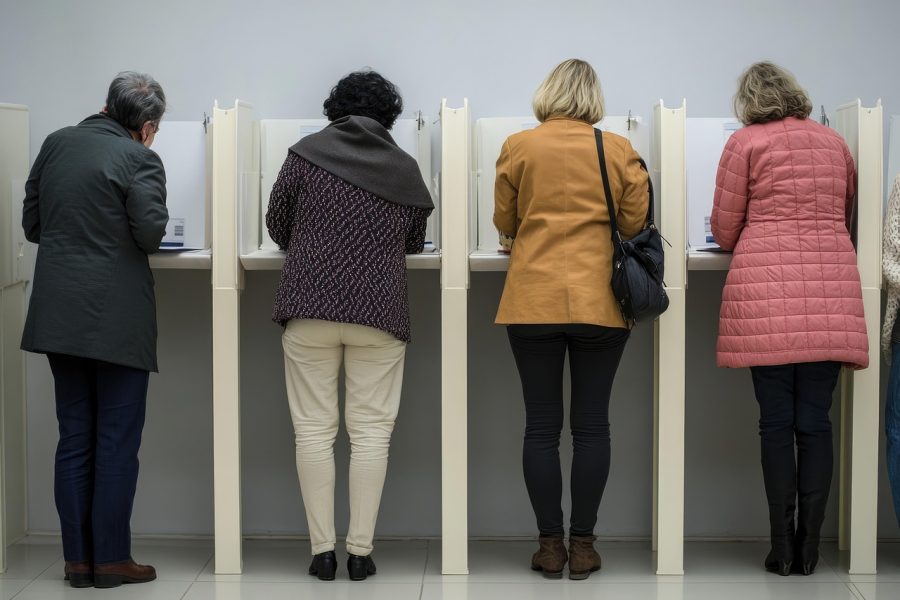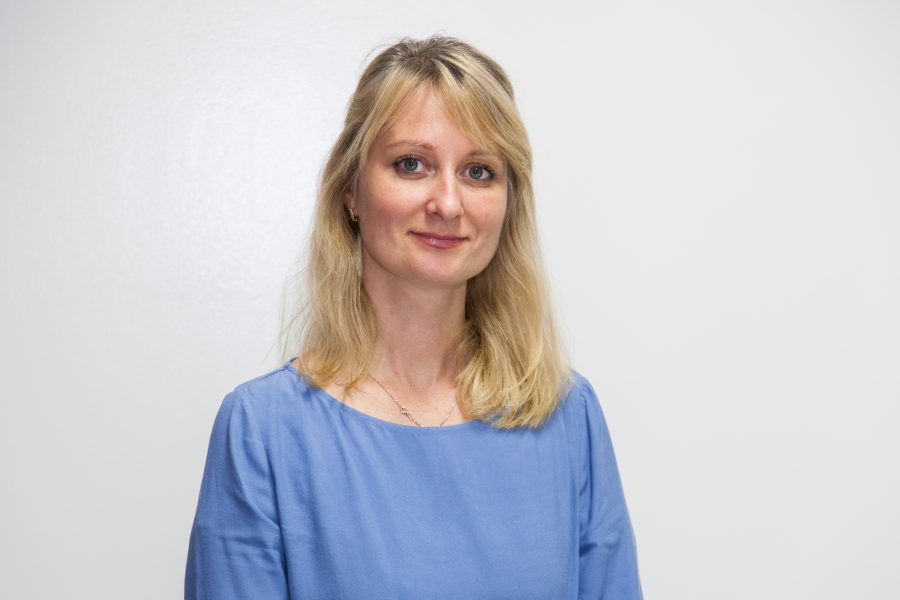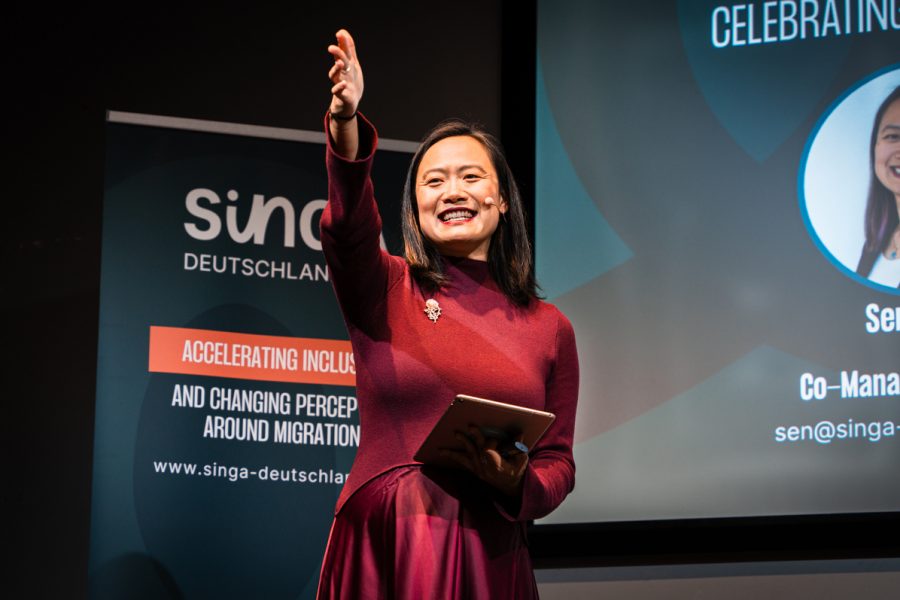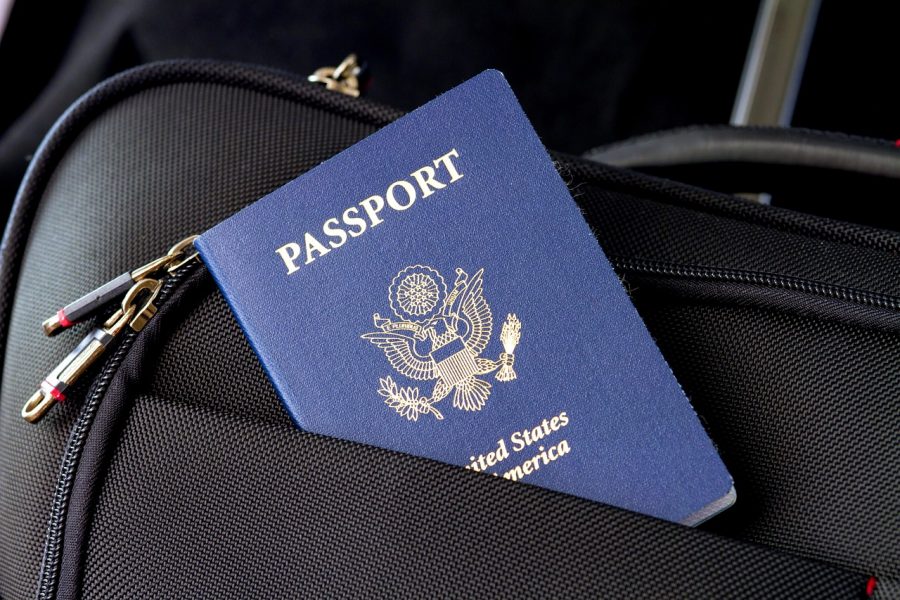Berlin invites its citizens to participate — but only after the decisions are made. A visit to the Bürgerbeteiligungsbüro: where good intentions meet German bureaucracy.
I was so happy when I first discovered the Bürgerbeteiligungsbüro. Yes! Finally, a place for participation! It took me quite some time, though, to understand what this institution is actually about — what it’s good for, and what it isn’t.
Attention: this is my subjective opinion about the Bürgerbeteiligungsbüro. The truth is out there.
For me, BBB (let’s call it that) is a super-typical German/Berlin thing:
- Absolutely good intentions
- A lot of excellent, kind people working there
- Still, nothing more than another part of the bureaucracy
- And it won’t really change anything.
The Berlin Senate set up a BBB in every district around 2019. The goal: to make city development more transparent and to ask for citizens’ opinions. You can go there (or check online — they publish project lists), see what’s planned in your district in terms of infrastructure, and share your opinion. You can meet with other citizens, request a meeting space, even ask for a projector.
They’ll most likely explain what’s planned — schools, sports facilities, roads, parks, bike paths, new buildings, and so on. You can share what you think and your opinion will tick the box: “public consultation held.”

So on one hand, you get information. On the other, you can’t really influence much.
No one asks for your ideas about what the city administration should do.
No one asks about your intentions, ideas, or needs — things that could actually serve as a basis for development or innovation.
I’d start with small changes.
Ask people’s opinions on how to spend a certain amount of money — say €50,000 — in the Kiez this year.
Let citizens decide: should it go toward planting trees, a playground, cleaning graffiti, a community project, or three street festivals?
Or, if you’re building a new pedestrian bridge over the canal — ask people what color it should be.
Or… or… or…
That would be Bürgerbeteiligung.
| Bürgerbeteiligungsbüro (noun, German): A citizen participation office or public participation office — a municipal or governmental institution responsible for promoting and organizing the involvement of citizens in political decision-making and local development processes. Such an office typically serves as a bridge between the administration and the public, ensuring that residents can share their opinions, ideas, and concerns regarding urban planning, environmental projects, social initiatives, or policy development. A Bürgerbeteiligungsbüro may coordinate public consultations, workshops, and dialogue events, provide information about ongoing projects, and help make government actions more transparent and democratic by encouraging active civic engagement. |
Still, I encourage you to check the project lists and visit your local BBB. As I said, there are really nice people working there — and who knows, maybe you’ll get an answer to your question, have a good chat, or even meet some new people.
List of Bürgerbeteiligungsbüros in Berlin
- Charlottenburg-Wilmersdorf
Name: Haus am Mierendorffplatz
Address: Mierendorffplatz 19, 10589 Berlin
Email: beteiligung@dorfwerkstadt.de
Telephone: 0157 581 596 25 - Friedrichshain-Kreuzberg
Currently no established Raum für Beteiligung - Lichtenberg
Name: Lichtenberger Anlaufstelle für Bürgerbeteiligung (LAB)
Address: Hubertusstraße 47, 10365 Berlin(Altes Stadtbad Lichtenberg/Hubertusbad)
Email: buergerbeteiligung.lichtenberg@stadtkuemmerei.de
Telephone: 030 767 29 007
Website: www.beteiligung-lichtenberg.de - Marzahn-Hellersdorf
Currently no established Raum für Beteiligung - Mitte
Name: Büro für Bürger*innenbeteiligung
Address: Gottschedstr. 33, 13357 Berlin
Email: beteiligung-mitte@list-gmbh.de
Telephone: 030 460 60 55 60
Additional Contact (Bezirksamt): buergerbeteiligung@ba-mitte.berlin.de / 030 9018 42393
Operator: L.I.S.T. GmbH
Website: www.mittemachen-berlin.de - Neukölln
Name: Mitmach-Laden / Koordinierungsstelle für Beteiligung und Engagement
Address: Hertzbergstraße 22, 12055 Berlin
Email: kontakt@neukoelln-beteiligt.de
Telephone: 030 627 28 727
Administrative Office: Karl-Marx-Str. 83, 12040 Berlin - Pankow
Name: Büro Pankow beteiligt – Raum für Beteiligung
Address: Dunckerstr. 59C, 10439 Berlin
Email: kontakt@pankow-beteiligt.berlin
Telephone: 030 89006775
Office Hours: Wednesday 10:00-12:00 & Thursday 16:00-18:00 & by appointment
Operator: Mieterberatung Prenzlauer Berg GmbH
Website: www.pankow-beteiligt.berlin - Reinickendorf
Name: Büro für Bürgerbeteiligung Reinickendorf
Address: Scharnweberstrasse 55a, 13405 Berlin
Telephone: 030 417 480 70
Office Hours: Tuesdays 16:00-18:00, Thursdays 10:00-12:00
Website: www.mein-reinickendorf.de
Social Media: Facebook: Mein.Reinickendorf, Instagram: meinreinickendorf - Spandau
Name: Raum für Beteiligung Spandau
Address: Carl-Schurz-Str. 2/6, 13597 Berlin
Email: beteiligung.spandau@inpolis-urbanism.de
Telephone: 0159 04 36 27 15 - Steglitz-Zehlendorf
Name: Raum für Beteiligung
Address: Potsdamer Straße 50, 14163 Berlin
Operator: die raumplaner & intep
Website: sz-beteiligt.de - Tempelhof-Schöneberg
Name: Raum für Beteiligung Tempelhof-Schöneberg
Website: Check Berlin.de/ba-tempelhof-schoeneberg - Treptow-Köpenick
Status: Information about Bürgerbeteiligung office available on district website
Website
Central Office (Zentraler Raum für Beteiligung)
For questions about Senate-level projects
Operator: Senatsverwaltung für Stadtentwicklung, Bauen und Wohnen & AG.URBAN
Website: www.berlin.de/raum-fuer-beteiligung

